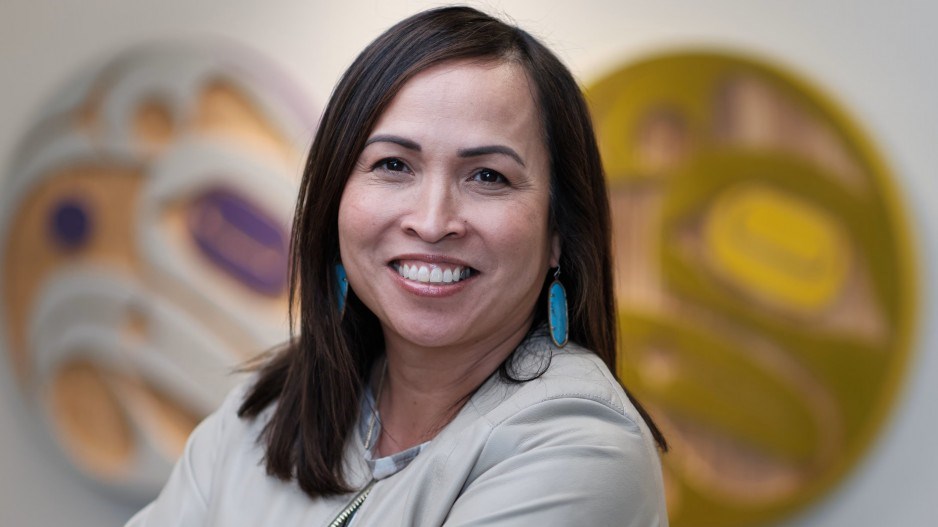Deloitte Canada has created a new practice that will specialize in Indigenous governance and economic development in Canada.
The idea is to help First Nations work with government and industry on developing capacity issues, governance, community infrastructure and economic development.
“Deloitte’s new Indigenous-led approach will support First Nations, Métis, and Inuit communities in developing innovative solutions focusing on governance, economic development, natural resources, and community infrastructure,” Deloitte Canada said in a news release.
“It will ensure Indigenous peoples and nations have a leading role in the economy, propelling Indigenous businesses forward, while advancing reconciliation efforts.”
Jolain Foster (Nagwit Sen) will lead Deloitte Canada’s new Nation Building practice, which is a team of both indigenous and non-indigenous professionals. She said B.C. appears to be particularly ripe for the kind of service her practice will be offering.
“It’s really exciting what’s going on in B.C., in particular, in the fact the B.C. government is planning some major changes to the way land use decisions are made and really implementing the Declaration on the Rights of Indigenous Peoples," Foster told BIV News.
Foster is based in Alberta, but is Gitxsan and Wet’suwet’en, grew up in Hazelton, B.C., and earned bachelor of commerce and accounting degrees from Simon Fraser University and the University of Northern BC. She has worked with Deloitte Canada since 2017.
She said the core purpose of the new Nation Building practice will be “to help nations get further down that path towards sovereignty, or independence or self governance.”
Many First Nation governments and band councils have their hands full just dealing with providing basic services, like safe drinking water and housing for their people, and often do not have the capacity to deal with legally dense consultation processes related to resource development.
“The nations are really striving to participate in economic development, and our leadership is overwhelmed with different types of crises, especially around the opioid crisis,” Foster said. “Where we can play a role in capacity development, as part of nation building, is to understand the pain points and help nations develop human capital strategies, where they can really begin to identify the priorities when it comes to our people.
“We’re in the middle of some of Canada’s most valuable resources, when it comes to mining, oil and gas and others – forestry. How do we develop those in a sustainable way that brings into reality our culture and our values? Because Deloitte is right in the middle of all of that, and has trusted advisers to natural resource companies, we have the ability to bring that perspective into those conversations in a real way that can drive change."
Another area her practice will focus on is community infrastructure development for things like housing and broadband internet.
Deloitte's own research forecasts that by 2030, Indigenous workers will make up seven per cent of Canada's labour force, but currently remain "underrepresented due to systemic barriers."
"Increased labour participation from indigenous peoples would contribute to an increase of GDP growth by 0.8 percent annually."



